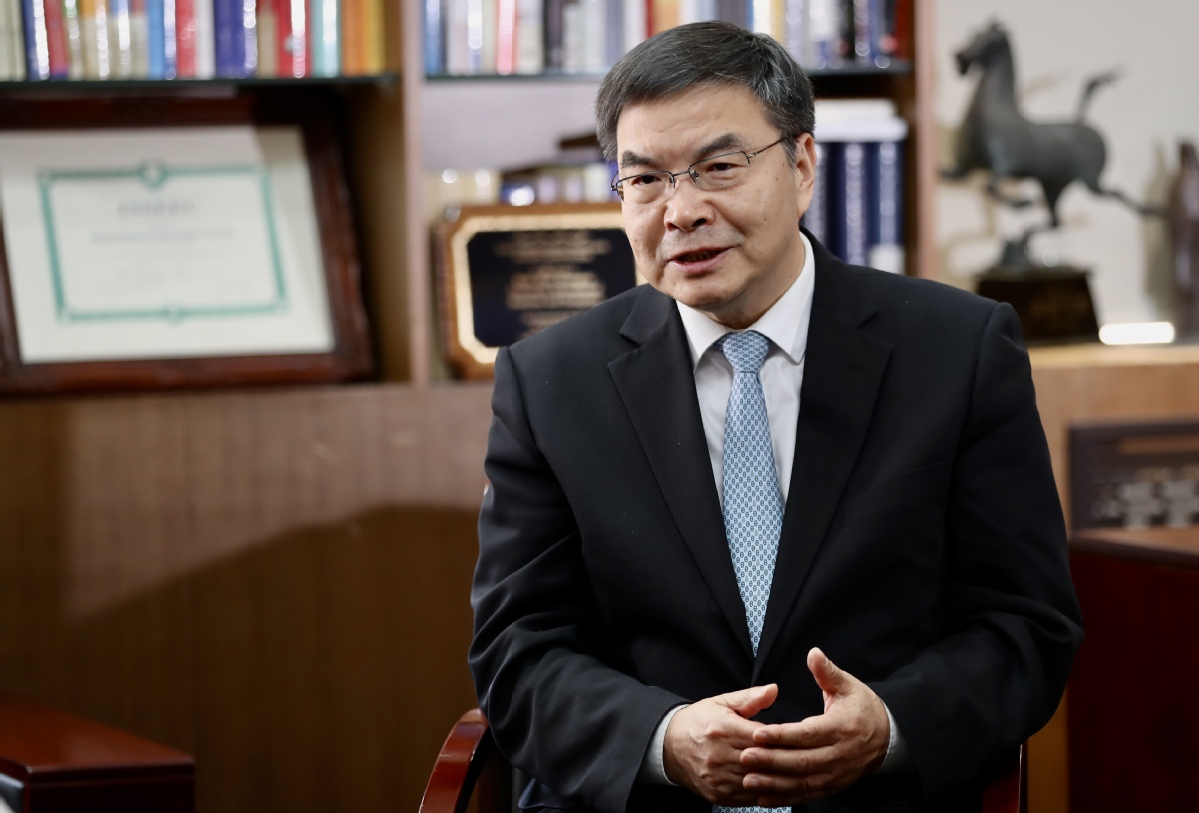Deeper reform drives modernization


The Third Plenary Session of the 20th Central Committee of the Communist Party of China will be held in Beijing from July 15 to 18 at a time when the country has reached a critical juncture in its journey toward becoming a high-level socialist market economy.
Reform and opening-up have shaped the destiny of contemporary China. And further deepening reform and expanding opening-up to pursue Chinese modernization is essential to cope with the complex global and domestic situations, adapt to new technological and industrial changes, and meet the rising expectations of the people. They are also essential to remove deep-rooted institutional barriers to development, boost socioeconomic vitality, and use China's institutional advantages to improve national governance.
Economic system reform is crucial
Reforming the economic system is at the heart of the comprehensive deepening of reform. In this context, the Third Plenary Session of the 20th CPC Central Committee is expected to emphasize the importance of allowing the market to play the decisive role in resource allocation, removing the visible and invisible barriers to market access for enterprises, and transforming China's economic advantages into a powerful impetus for development.
The third plenary session is also expected to take measures to improve the macroeconomic governance system and the modern enterprise system with Chinese characteristics, improve the institutional mechanism to promote high-quality development, and enhance the vitality of market players. While a large number of competitive State-owned enterprises will continue to emerge, efforts are expected to be made to build a climate favorable for private enterprises, which will help expand the private sector.
With the implementation of these measures, China will continue to strengthen the socialist market economy, and move toward a more prosperous, stable and empowered future.
High-level opening-up a world opportunity
Opening-up, in fact, is part of overall reform, for it promotes development. Hence, in the next stage, China is expected to push forward high-level, all-round systemic opening-up in terms of rules, regulations, management and standards, and continue to cultivate a high-quality business environment that is market-oriented, rule-based and global in nature.
However, China's economic development faces more uncertainties due to the intensification of the "great power game", the rise of unilateralism and protectionism, the frequent occurrence of natural disasters triggered by climate change, and a new round of scientific, technological and industrial revolutions in the making.
Promoting high-level opening-up will help China better adapt to the new global competitive environment, maintain open and inclusive global and value chains, and counter the West's efforts to contain China through "de-globalization", "decoupling" or "de-risking" measures, so as to strike the right balance between security and development.
And by getting more countries to participate in the global value chains, China can help other countries to share the dividends of China's economic development and lay a solid material and technological foundation to achieve Chinese-style modernization.


































